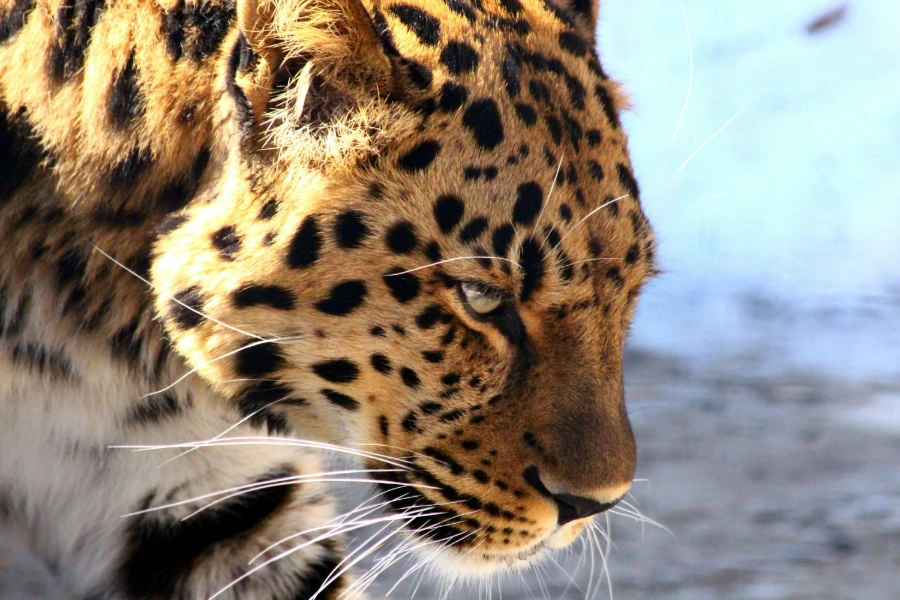No software installation is required, and your files are processed securely in your browser without being uploaded to a server for conversion, ensuring your privacy.


Your files are never uploaded, so your data stays secure.
Your device handles the work, ensuring speed and privacy.
Use our tools right away with no account sign ups, ever.
This tool allows you to convert your WebP image files, a modern image format developed by Google, into the universally compatible JPG (JPEG) format. WebP offers excellent lossy and lossless compression, meaning it can provide significantly smaller file sizes than JPG or PNG at comparable quality, and it also supports transparency and animation. However, despite its advantages and growing adoption, WebP is not yet supported by all older browsers, image viewers, or applications. Our WebP to JPG converter ensures your images are accessible everywhere by converting them securely in your browser.
WebP and JPG are both popular image formats for the web, but they serve different needs and have distinct technical characteristics. Converting WebP to JPG is often done to ensure that images can be used in environments where WebP support is lacking or when a universally accepted format is strictly required. Our tool facilitates this by providing a simple and effective conversion process.
Converting WebP images to JPG format can be beneficial for several reasons, primarily revolving around compatibility and specific use cases:
This tool helps you easily switch from the modern, efficient WebP format to the universally compatible JPG format whenever needed. The conversion aims to maintain good image quality; for WebP images with transparency, the transparent areas will typically be rendered against a white background in the resulting JPG.
Windows Users: Use Paint 3D or Photos app: Open WebP → Export/Save As → Choose JPEG format. For bulk conversion, consider using the Command Prompt with ImageMagick.
Mac Users: Use Preview app: Open WebP → File → Export → Change format to JPEG and adjust quality settings.
Linux Users: Use GIMP or command-line tools like ImageMagick: convert image.webp image.jpg
Mobile Users: Most mobile photo apps now support WebP viewing, but our web converter works perfectly on mobile browsers for conversion needs.
| Feature | WebP | JPG |
|---|---|---|
| File Size | 25-35% smaller than JPG | Standard baseline |
| Compression Type | Lossy & Lossless options | Lossy only |
| Transparency | Full alpha channel support | No transparency support |
| Animation | Animated WebP supported | No animation support |
| Browser Support | Modern browsers (95%+ coverage) | Universal (100% coverage) |
| Software Support | Good in newer applications | Universal support |
| Loading Speed | Faster (smaller files) | Good performance |
| Best Use Case | Modern web development | Universal compatibility needs |
While WebP enjoys widespread support in modern browsers, converting to JPG ensures:
The main reasons are compatibility and universal support. While WebP offers better compression, JPG is supported by 100% of browsers, email clients, and image software, making it essential for sharing with users who may have older systems.
There may be minimal quality loss since both are lossy formats (when WebP is in lossy mode). Our converter uses high-quality settings (90%) to preserve image fidelity while ensuring compatibility.
Yes, typically 25-40% larger. WebP's superior compression means JPG files will naturally be bigger, but you gain universal compatibility in exchange.
JPG doesn't support animation, so our converter will extract the first frame of an animated WebP. For animated content, consider keeping the WebP format or converting to GIF if needed.
Transparent areas will be filled with white since JPG doesn't support transparency. If you need transparency, consider converting to PNG instead.
Yes! Our converter is completely free with no hidden costs, registration requirements, or limitations on the number of conversions.
Absolutely! Our converter supports batch processing of up to 8 WebP files simultaneously for efficient conversion.
Internet Explorer never gained WebP support, and some very old mobile browsers may lack support. Converting to JPG ensures 100% compatibility across all browsing environments.